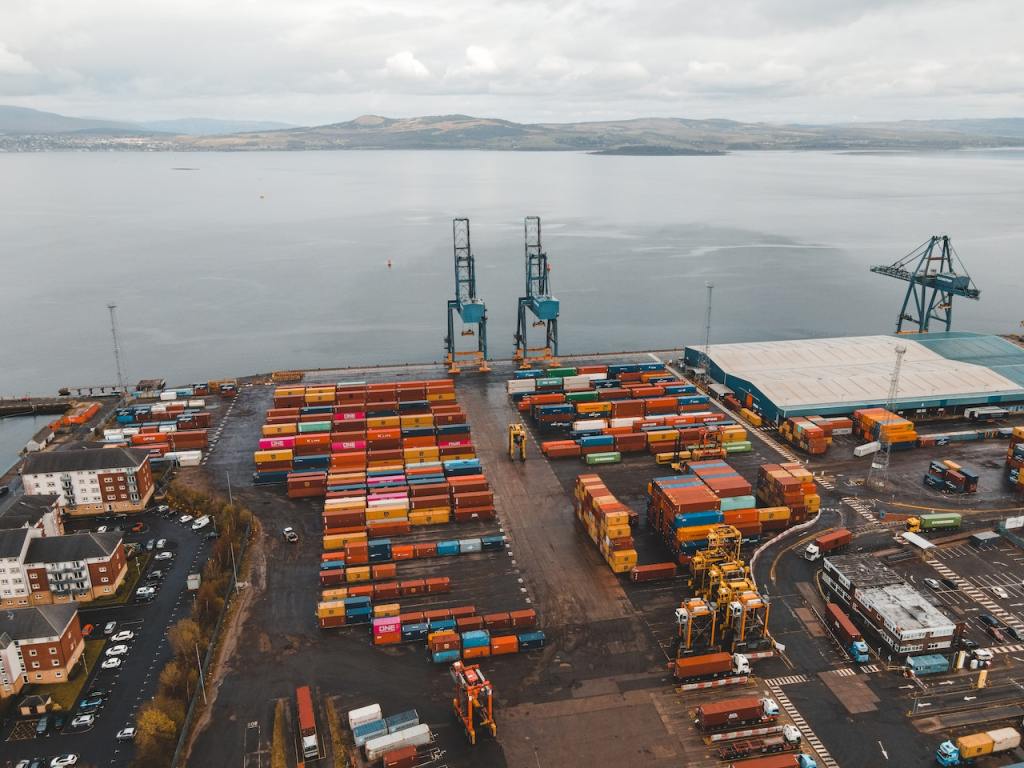If you are planning to venture into or conduct a business that involves a lot of logistics, the first thing that you will notice is that there are a lot of terminologies that will be very new to you. People in the industry are accustomed to a fast-paced working environment and it is essential that you get yourself familiar with these terms.
We have compiled the following list of the most common jargon that will get you started in the logistics industry.
Air Waybill (AWB)
An Air Waybill (AWB) is a document that has been used to record air freight shipments. It is also known as an Air Dispatch Document.
The first AWBs were printed on paper; however, today, most are created electronically. The AWB is an important document for any freight shipment because it contains information about the goods shipped and their origins. The information includes who paid for the goods and when payment was received. It also contains information about who is responsible for delivering the goods, including the name and address of the consignee and consignor, date of shipment, quantity, weight, and value of each package being shipped along with other pertinent details like origin and destination addresses.
Both buyers and sellers can use Air Waybill to track shipments once they have been picked up at their destination airport or port terminal.
Bill of Lading (BL)

When you ship goods, you need to get a document called a bill of lading (BL) from your shipping company. This document is used to show that the goods have been shipped and can be tracked.
The term bill of lading is used in logistics as it refers to an official receipt issued by a carrier showing that a shipment has been made, loaded on board and all charges paid. The BL is issued when the goods are loaded onto the vessel, so it’s important that it’s authentic, complete, and legible.
There are several forms of bills of lading but they all have one thing in common: they contain all relevant information about your shipments such as weight, dimensions, origin, and destination.
Cargo Insurance
Cargo insurance is a type of insurance that covers goods when they are transported by sea or air. It provides coverage for the cargo itself and its value, as well as any damage during transportation. The term has been used in logistics since about 200 years ago, but only recently has it begun to be recognized as an important aspect of shipping.
Cargo insurance can protect the shipper, receiver, and carrier from loss or damage during transit. If a shipment is damaged during transit, it may not be possible to sell it at full value. Cargo insurance can help ensure that you can get the full cost of your goods if any damage will occur during delivery.
A common misconception about cargo insurance is that it will cover every possible eventuality. This isn’t necessarily true; most cargo insurance policies only cover losses caused by weather conditions or other incidents out of your control.
Container Freight Station (CFS)

A container Freight Station (CFS) is a freight station in which containers are stored, unloaded, and reloaded. They may also be referred to as container terminals, container yards, container storage, or storage and distribution center (SDD).
Container freight stations can be located near the place where the containers are intended to be delivered or they may be located at a distance from the delivery point. They are also known as transshipment centers, cargo handling centers, or ocean terminals. The term transshipment refers to the process of transferring goods from one mode of transport to another mode of transport such as rail or road transportation.
Container freight stations are designed for handling large numbers of freight containers, including those with refrigerated units. In order to make sure that products reach their destination in good condition, there must be a proper storage area for them.
Direct Store Delivery (DSD)
Direct Store Delivery (DSD) is a term used in the logistics industry to describe the delivery of goods directly from a manufacturer to a retailer or other business owner. DSD is typically used for large, bulky items that cannot be shipped via standard shipping methods.
DSD involves the transportation of goods from the manufacturer to the store, where they are stored until they are picked up by customers. This process can take place on either a scheduled or ad hoc basis depending on how often you need your products delivered. DSD can be used for consumer goods and many other situations where delivery to a specific location will be more economically beneficial rather than going through the normal process that may involve distribution centers.
Getting yourself familiar with logistics terminologies
If you plan to venture into a career in logistics or start your own logistics business, it is important that you be familiar with the most commonly used terms of the industry. Some of the items that we have not covered in the list are full truckload (FTL) and less than truckload (LTL) shipping. But we have a full article written about these two terminologies as well. Feel free to explore our news page to know more about logistics.










